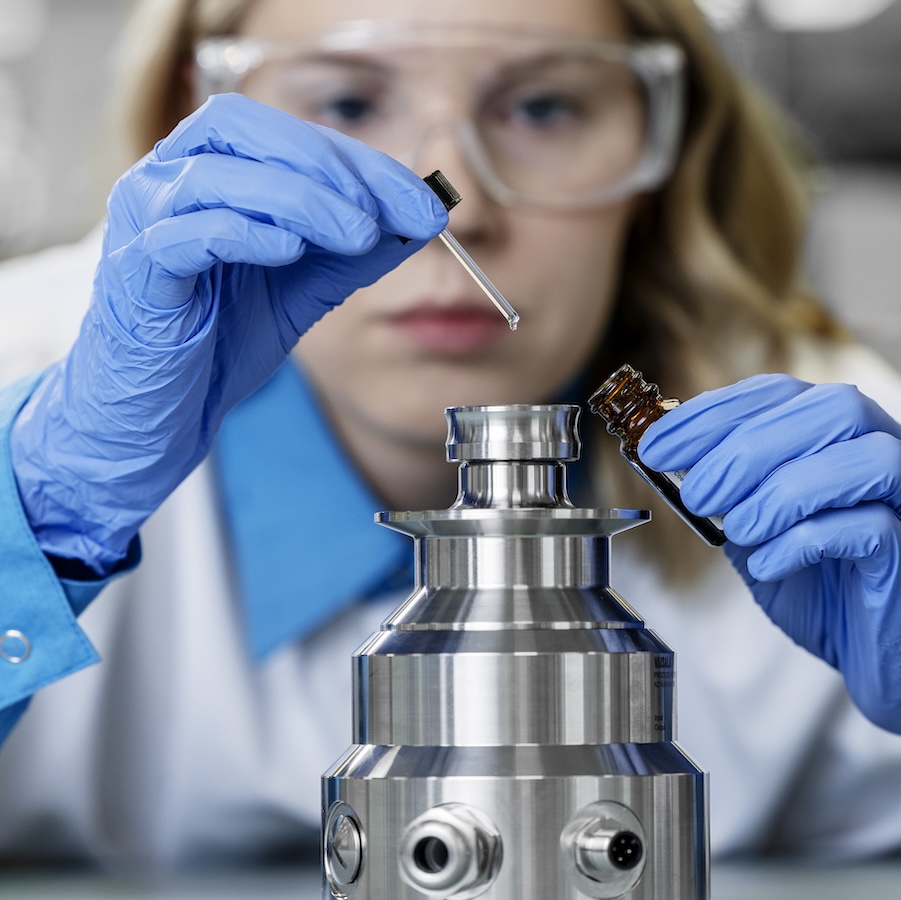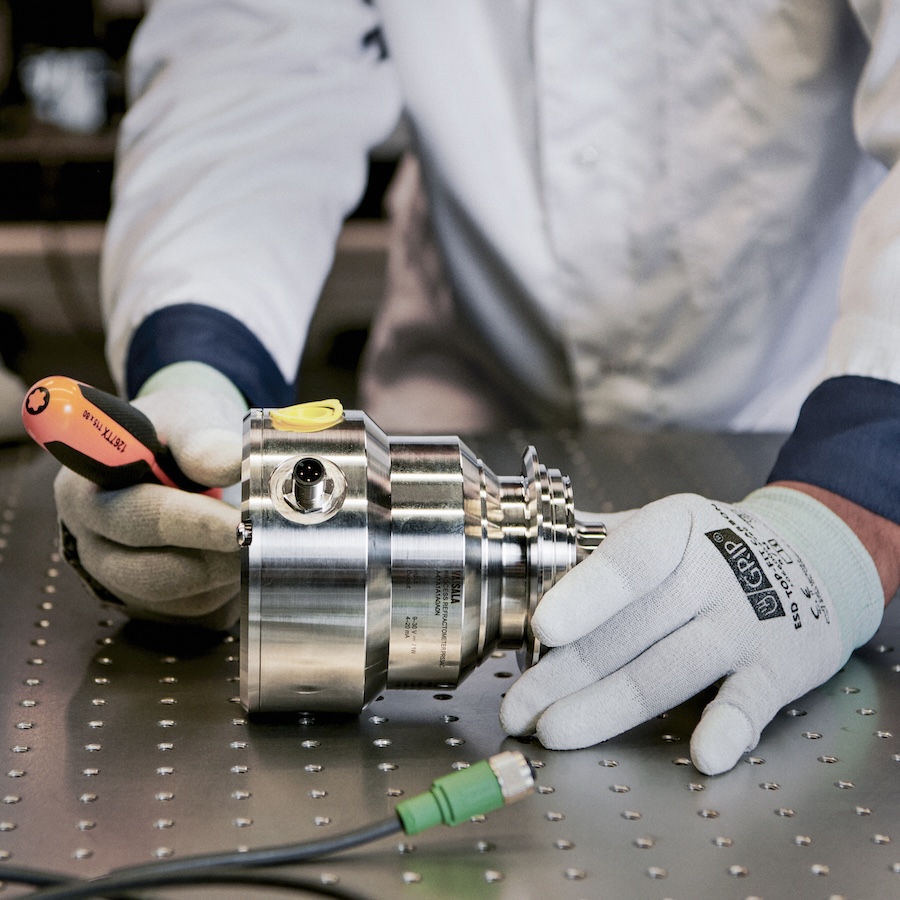Featured Instrumentation Articles
Pharmaceutical Production Quality & Efficiency Boosts with Vaisala
Introduction
Learn how to boost quality and efficiency in pharmaceutical production in this interview with two pharmaceutical process industry experts from Vaisala.
- Why should a pharmaceutical manufacturer monitor liquid concentrations?
- Which critical processes should have a sensor installed?
- What factors should be considered when choosing analytical instrumentation?
- How do refractometers compare to density meters?
In the highly regulated world of pharmaceutical drug manufacturing and biotechnology processing, ensuring safety, efficacy, and quality is paramount. The industry is embracing innovative approaches like process analytical technology and continuous manufacturing to enhance efficiency and product quality. These advancements allow for real-time monitoring and control, helping manufacturers increase yield, produce on-spec products consistently, and reduce production costs.
Our partner Vaisala plays a crucial role in this transformation with its advanced measurement solutions. Polaris™ Process Refractometers, for instance, provide reliable, continuous inline concentration measurements across a range of applications, including the production of pharmaceutical chemicals, active pharmaceutical ingredients, antibiotics, blood products, proteins, vitamins, synthetic hormones, syrups and vaccines. This technology supports the industry's shift towards real-time monitoring and control, ensuring that producers can meet the stringent demands of modern pharmaceutical manufacturing.
We got to hear from Ricky Henderson (Regional Sales Manager and Industry Expert) and Jeremiah Fitzgerald (Application Sales Engineer) from Vaisala the value of refractometers in life science applications:

Carotek: Why should a pharmaceutical manufacturer monitor liquid concentrations?
Vaisala: Monitoring % concentration gives real-time insight into processes commonly found in active pharmaceutical ingredient synthesis such as filtration, dilution, crystallization, precipitation, and other chemical reactions. These inline measurements help fine-tune process controls to ensure product quality and compliance with FDA regulations.
C: What are some critical processes where a sensor should be installed?
V: Refractometers can be installed throughout the intermediate steps of production to verify process efficiency in real time and transmit measured data to process controllers. With data-driven controls, applications like solvent evaporation and recovery can be optimized to save energy and reduce waste.
C: What should producers consider when selecting a process analytic tool?
V: Pharmaceutical manufacturers need to consider traceability, validation, and compliance with strict FDA guidelines. New drug products have a long-term development and design stage before the final manufacturing begins. Process analytical technology like the refractometer can be implemented not only for optimization of the final production process, but also to reduce development time by providing more analytical data.
C: What makes a process refractometer the ideal instrument for the job?
V: Vaisala process refractometers offer configurable options for contamination-free process connections and modernized, digital data transmission to allow for integration into these highly-regulated processes. An ISO9001 calibration certificate is included with delivery to ensure traceability, and options for Electropolished, PTFE, and sanitary connections to various line sizes makes for easy installation.
Refractometers are based on an incredibly stable, non-destructive refractive index and temperature measurement. This technology is commonly used in a hand-held or benchtop form that requires manually taking grab samples from the process. An inline refractometer verifies these values in real time, saving the time and money wasted on frequent manual sampling. The correlation of product concentrations and refractive index can be verified and fine-tuned with laboratory test results, making the measurement fully traceable.

C: How does a process refractometer compare to similar sensors like density meters?
V: Refractometers offer a solution with no moving parts for an extremely accurate, robust, and maintenance-free measurement that does not drift. Density measurement technologies are influenced by bubbles, suspended particles, and flow changes while also relying on moving parts, leading to drifts in measurement accuracy and more frequent maintenance compared to a refractometer.
C: What is a unique sample case where Vaisala has installed a process refractometer for pharma?
V: We are currently working with a pharmaceutical manufacturer on monitoring Total Dissolved Solids in a wastewater stream at the outlet of a fermentation process to ensure regulatory compliance.
Start optimizing pharmaceutical processes today
Vaisala Polaris Process Refractometers are essential tools for enhancing pharmaceutical manufacturing processes. They deliver continuous, accurate, and reliable measurements that align with process analytical technology methods, ensuring compliance with Current Good Manufacturing Practice standards.
With certifications such as Sanitary 3-A and EHEDG, and features like traceable calibration and Ethernet connectivity for batch processing, these refractometers are well-suited for modern production environments.
Carotek, as a Vaisala Authorized Distributor, offers comprehensive support for product selection, installation, and training, ensuring seamless integration into your operations.
